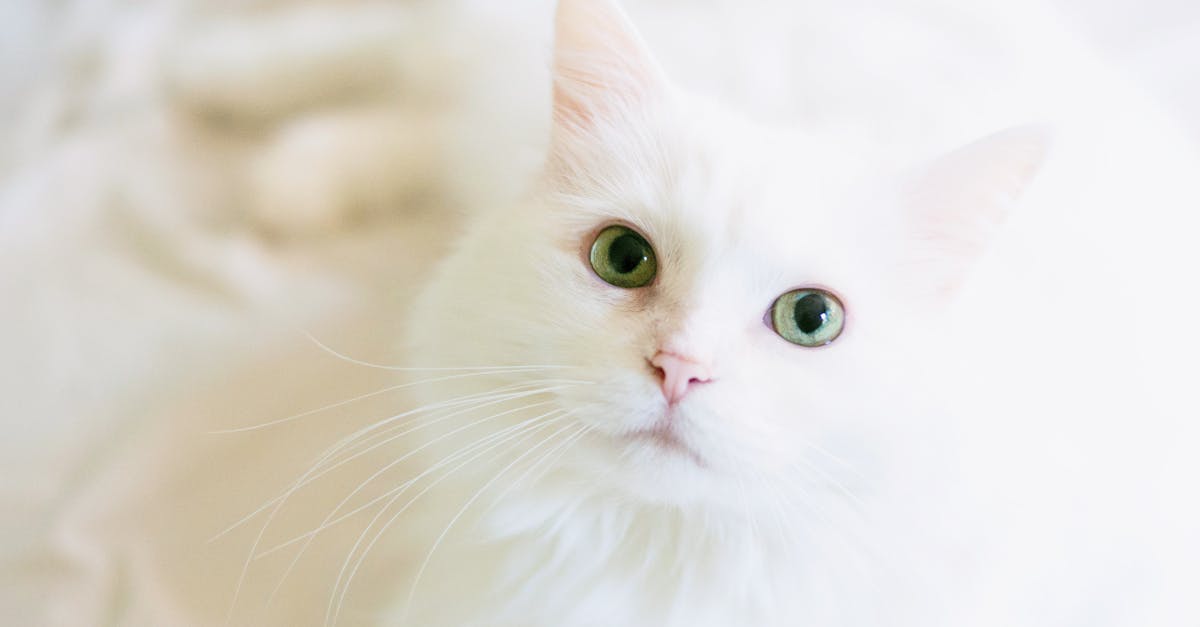Are you considering welcoming a Plott Hound into your family or already own one and want to learn more about their care? This unique, loyal, and energetic breed has a rich history and specific needs that every responsible pet parent should know. Let’s dive into everything you need to know about caring for a Plott Hound, from their personality traits to their health and grooming requirements.
🐾 Breed Snapshot
The Plott Hound is the official state dog of North Carolina and is known for its hunting prowess and strong work ethic. Originally bred to hunt wild boar and other large game, the Plott Hound is a medium-to-large-sized dog with a muscular build and a short, sleek coat that often features brindle patterns. They are part of the hound group and are recognized for their keen sense of smell and determination.
- Weight: 40–60 pounds
- Height: 20–25 inches at the shoulder
- Lifespan: 12–14 years
- Coat: Short, smooth, and usually brindle or black
- Energy Level: High
Their history as hunting dogs makes them incredibly active and intelligent. While they may not be as common as other hound breeds, their unique traits make them a fantastic companion for the right family.
🧬 Personality & Behaviour
Plott Hounds are known for their loyalty, intelligence, and courage. They are excellent family dogs when socialized early, forming strong bonds with their humans. However, their hunting instincts can sometimes make them independent and stubborn, requiring consistent training and positive reinforcement.
Here’s what to expect from a Plott Hound’s personality:
- Highly energetic and always ready for adventure
- Affectionate with family but may be reserved around strangers
- Strong prey drive due to their hunting background
- Intelligent and quick learners, though they may test boundaries
- Good with children when properly socialized
Plott Hounds thrive in active households where they can get plenty of exercise and mental stimulation. Without enough physical activity, they may become bored and develop destructive behaviours like chewing or digging.
🧼 Health & Grooming Needs
The Plott Hound is generally a healthy breed, but like all dogs, they can be prone to certain health issues. Regular vet checkups and preventative care are essential to keeping your Plott Hound in top shape.
Common health concerns for Plott Hounds include:
- Hip dysplasia: A genetic condition that can cause joint pain and mobility issues
- Bloat (gastric torsion): A life-threatening condition common in deep-chested breeds
- Ear infections: Due to their floppy ears, which can trap moisture and debris
To maintain your Plott Hound’s health, follow these grooming and care tips:
- Brush their coat weekly to remove loose hair and keep it shiny
- Check their ears regularly and clean them to prevent infections
- Trim their nails every 3–4 weeks to avoid overgrowth
- Brush their teeth 2–3 times a week to prevent dental issues
- Provide a balanced diet tailored to their size and activity level
Since Plott Hounds are active dogs, they need at least 60–90 minutes of exercise daily. Long walks, hikes, or playtime in a securely fenced yard are great ways to keep them happy and healthy.
💡 Vet Tips for Pet Parents
Owning a Plott Hound can be a rewarding experience, but it’s important to understand their unique needs to ensure they thrive. Here are some additional tips for pet parents:
- Training: Start training early and use positive reinforcement techniques. Socialization is key to helping them feel comfortable around new people and pets.
- Secure yard: Due to their strong prey drive, Plott Hounds should always be supervised outdoors or kept in a securely fenced area.
- Mental stimulation: Provide puzzle toys, scent-based games, and interactive play to keep their minds engaged.
- Watch for signs of bloat: Feed smaller, more frequent meals and avoid vigorous exercise immediately after eating to reduce the risk of this serious condition.
- Regular vet visits: Schedule routine checkups to catch any potential health issues early.
Plott Hounds are happiest in homes where they’re treated as part of the family. With proper care and attention, they’ll reward you with years of loyalty and companionship.
FAQs
Q: Are Plott Hounds good with other pets?
A: Plott Hounds can get along well with other dogs, especially if they’re raised together or properly socialized. However, their strong prey drive may make them less compatible with smaller animals like cats or rabbits.
Q: Do Plott Hounds bark a lot?
A: Yes, Plott Hounds are known for their loud, baying bark, a trait common in hound breeds. They often vocalize when they’re excited, bored, or alerting you to something.
Q: How much exercise does a Plott Hound need?
A: Plott Hounds require at least 60–90 minutes of vigorous exercise daily. Activities like hiking, running, or playing fetch can help meet their physical and mental needs.
Book a $49 online vet consultation at https://www.dialavet.com for fast, expert advice.























